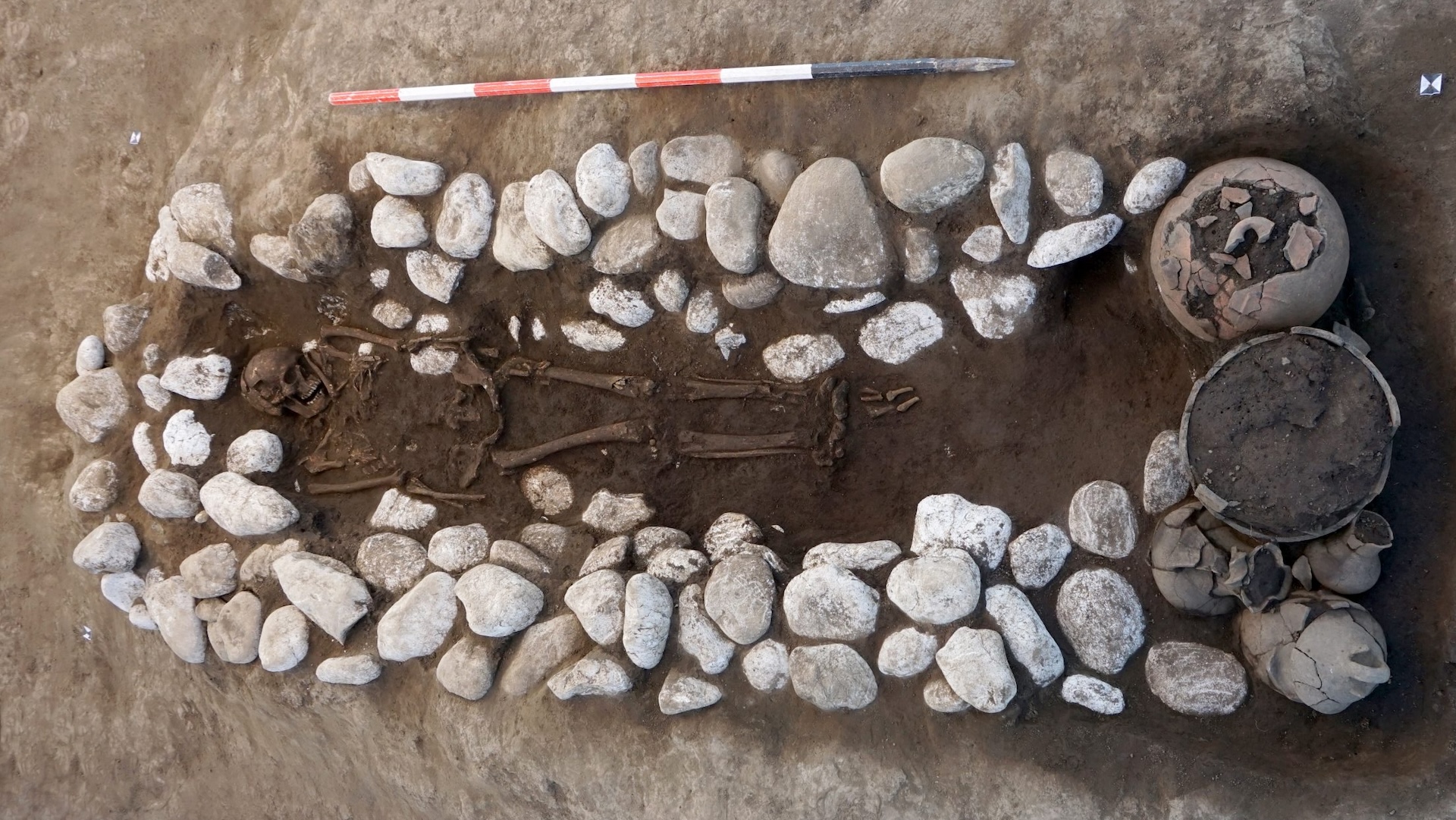Antioxidants, Vol. 12, Pages 1735: Acute Oxidative Stress Can Paradoxically Suppress Human NRF2 Protein Synthesis by Inhibiting Global Protein Translation
Antioxidants doi: 10.3390/antiox12091735
Authors: Kaitlin M. Pensabene Joseph LaMorte Amanda E. Allender Janessa Wehr Prabhjot Kaur Matthew Savage Aimee L. Eggler
The NRF2 transcription factor is a master regulator of the cellular oxidant/electrophile response and a drug target for the prevention/treatment of chronic diseases. A major mechanism of NRF2 activation is its escape from rapid degradation, and newly synthesized NRF2 induces cytoprotective protein expression through its cognate antioxidant response elements (AREs). However, oxidative stress can also inhibit global protein translation, thereby potentially inhibiting NRF2 protein accumulation. H2O2 has been shown to be a relatively weak inducer of NRF2 in comparison with electrophiles. In the current study, we evaluated whether levels of H2O2 that activate the NRF2/ARE pathway inhibit NRF2 protein synthesis in HaCaT keratinocytes. A weak maximum induction was observed for H2O2 in comparison with electrophiles, both for NRF2 protein accumulation and ARE reporter activation (~10-fold compared to ≥100-fold activation). At similar H2O2 concentrations, both NRF2 protein synthesis and global protein synthesis were inhibited. The manganese porphyrin antioxidant MnTMPyP rescued both global protein synthesis and NRF2 protein synthesis from H2O2 inhibition and increased ARE reporter activation. Similar results were observed for the diphenol di-tert-butylhydroquinone (dtBHQ). In conclusion, induction of the NRF2/ARE pathway by H2O2 and dtBHQ-derived oxidative species can be limited by inhibition of NRF2 protein synthesis, likely by arrest of global protein synthesis.

 7 months ago
19
7 months ago
19


